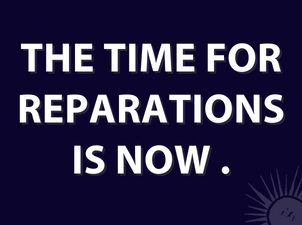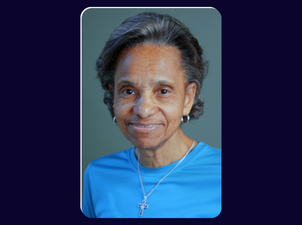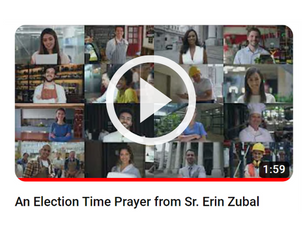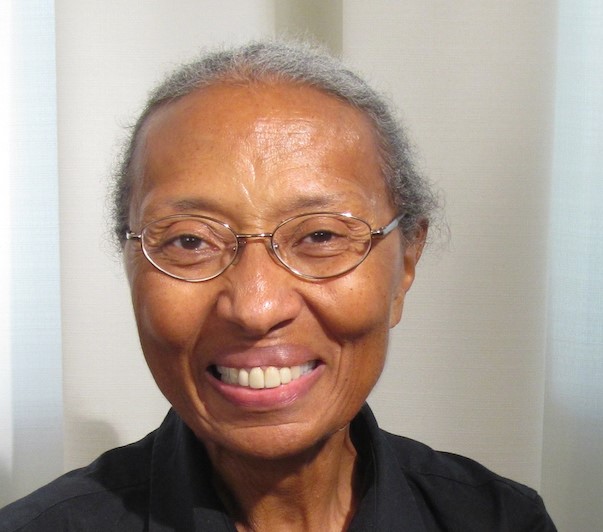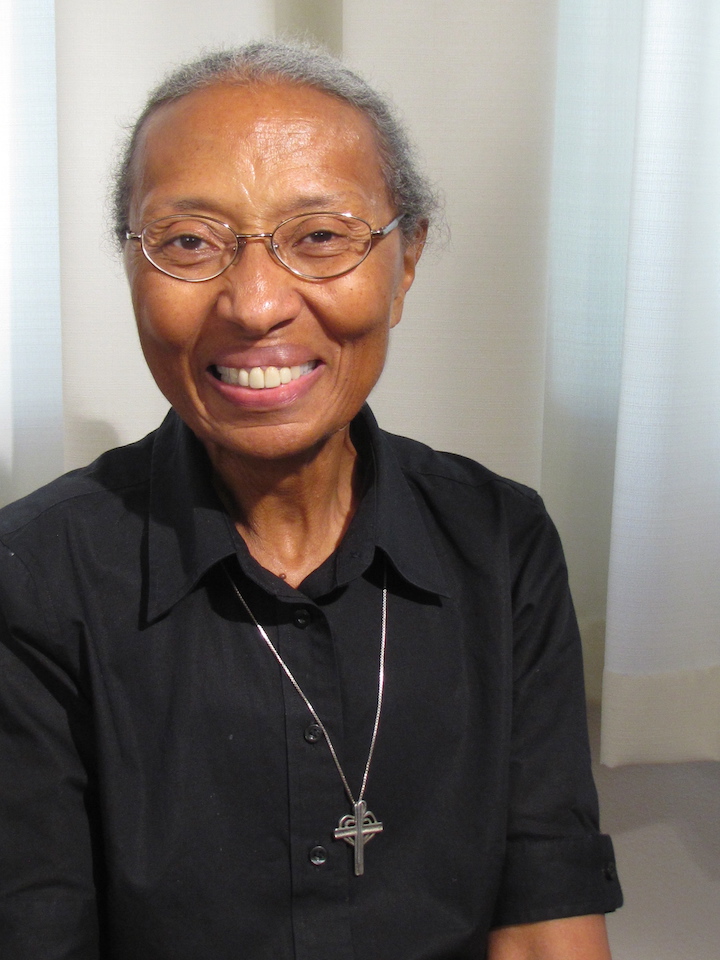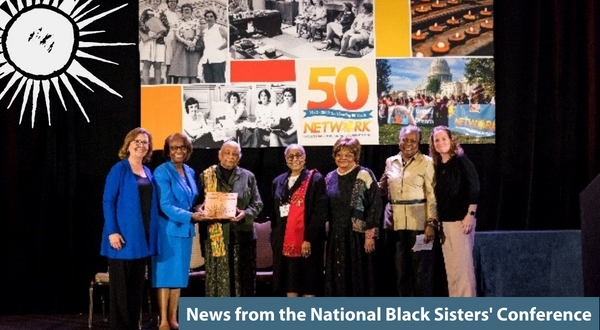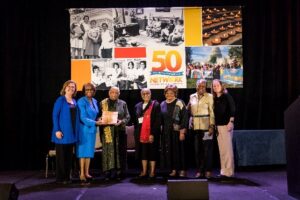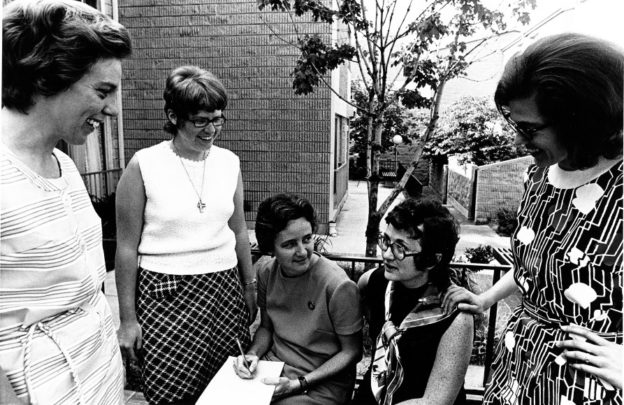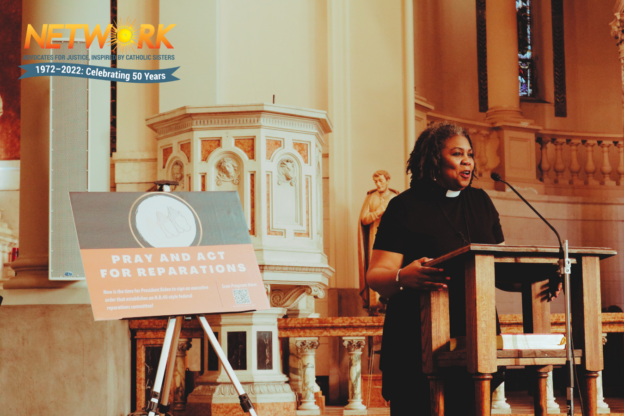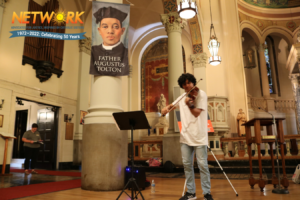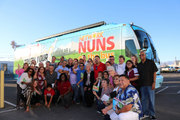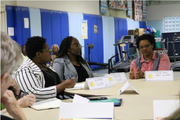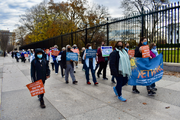
Letter to President Biden from Catholic Sisters and Associates of Religious Communities
Dear President Biden:
As Catholic Women Religious and associates of religious communities, we recognize, affirm, and commit to uplift the sacredness of Black lives. In this country, we must honestly reflect on the history of racist and immoral policies sanctioned by the United States government and Catholic institutions. It is time to provide repair and redress for the ongoing repercussions of chattel slavery and continued systemic racism.
For more than 400 years, our federal policies and economic practices fostered the Atlantic slave trade, chattel slavery, segregation and Jim Crow, and other forms of discrimination. This sinful racism, which fueled the economy and built the very foundation of the United States, was given moral absolution by the Catholic Church.
The Catholic faith tradition calls for confession, penance, and restitution when a sin has been committed. Telling the truth is, indeed, the only way we can begin to repair and redress the pain caused by slavery and our country’s failure to repent for centuries of systemic racism.
President Biden, as people of faith, we call on you to act with courage and fulfill your campaign promise to ‘support a study of reparations’ by establishing a national reparations commission via executive order.* As Catholic institutions, including orders of women religious, grapple with and make reparations for their pasts, so must the United States.
The sinful legacy of white supremacy and the enduring racial wealth gap must no longer be allowed to deny Black people good health, educational, and economic outcomes. It is time to act on your commitments to dismantling racist laws, policies, and frameworks, and to advance racial equity by establishing a reparations commission. We implore you to answer this urgent moral imperative to advance justice and build a better future for our country.
Sincerely,
Catholic Sisters and Associates
*President Biden said during his campaign, “a Biden Administration will support a study of reparations.” joebiden.com/blackamerica
Sisters and Associates – Add Your Name
*This sign-on letter is now closed. To continue making your voice heard, please send an email to the White House.







